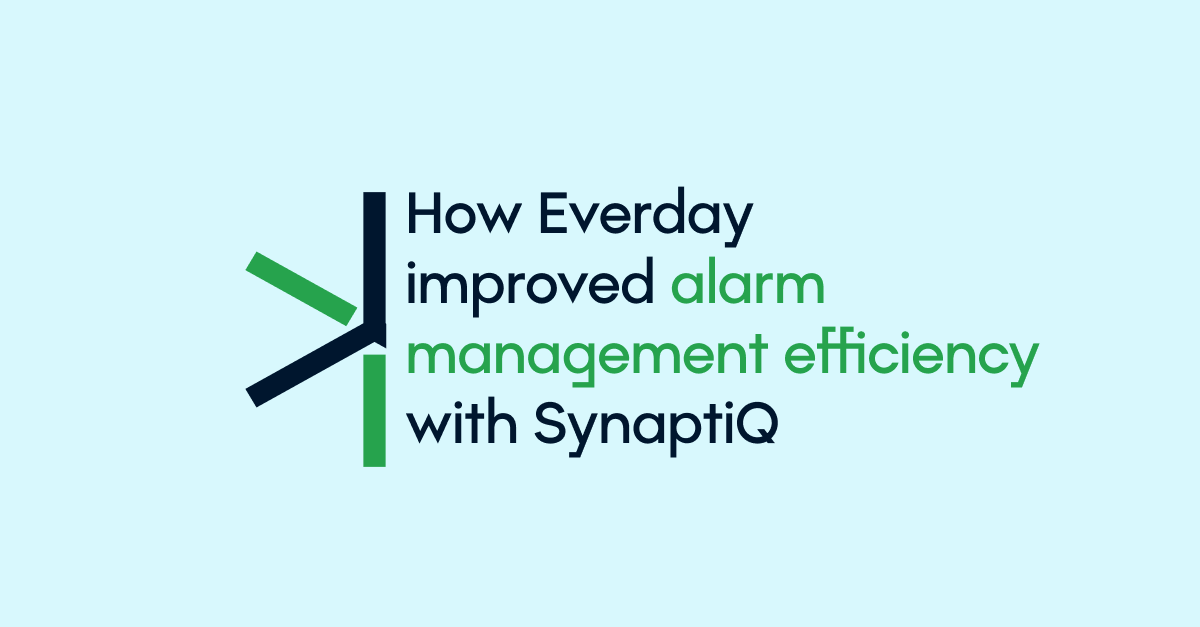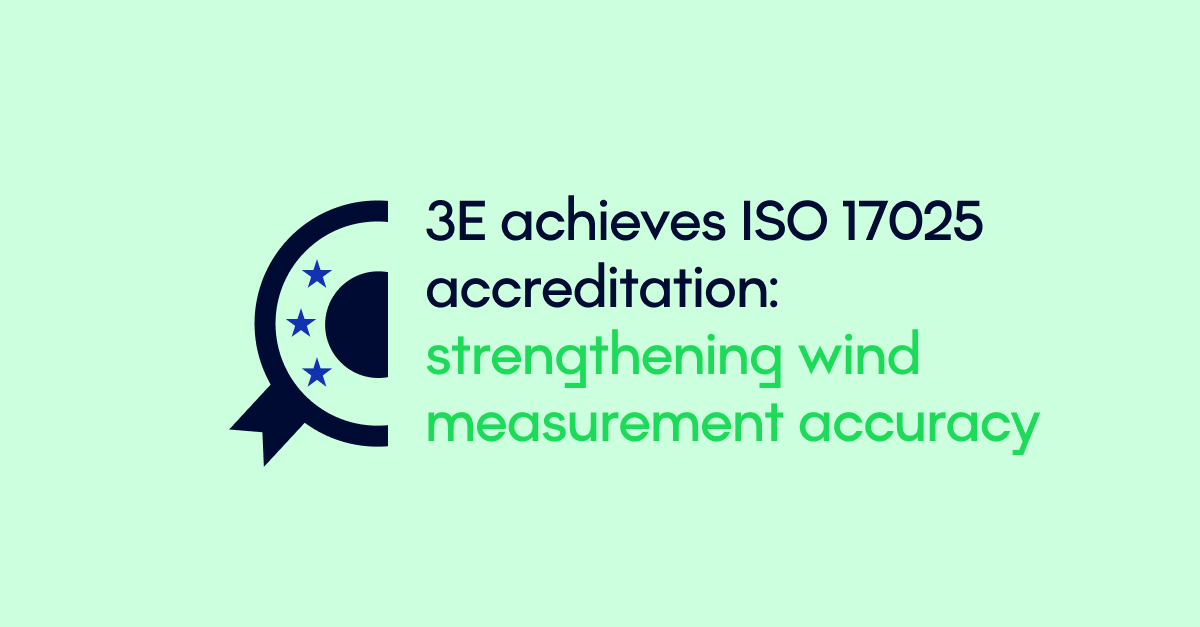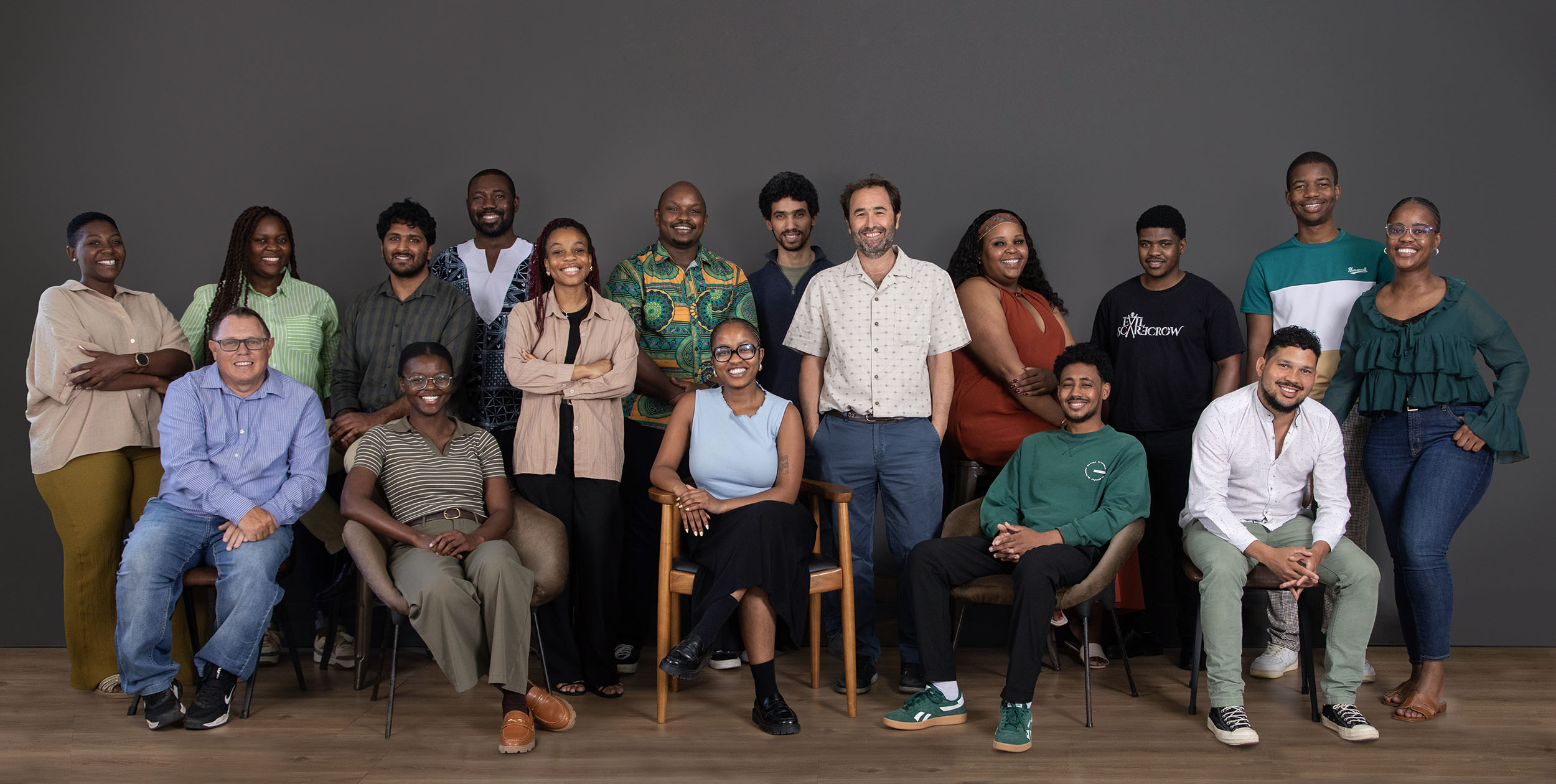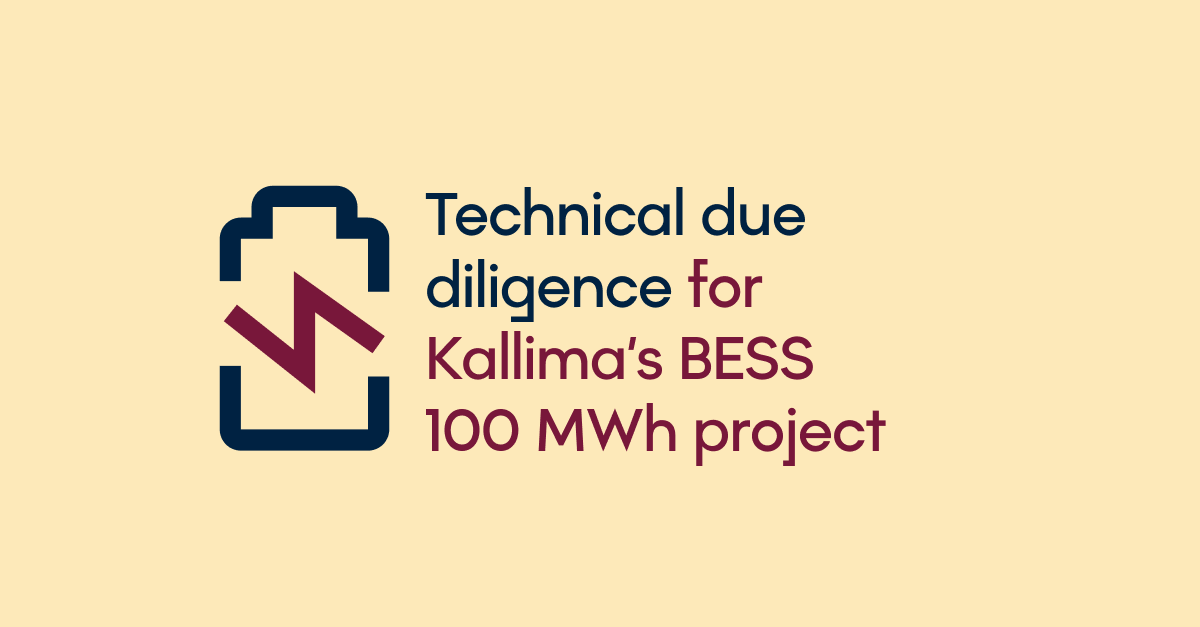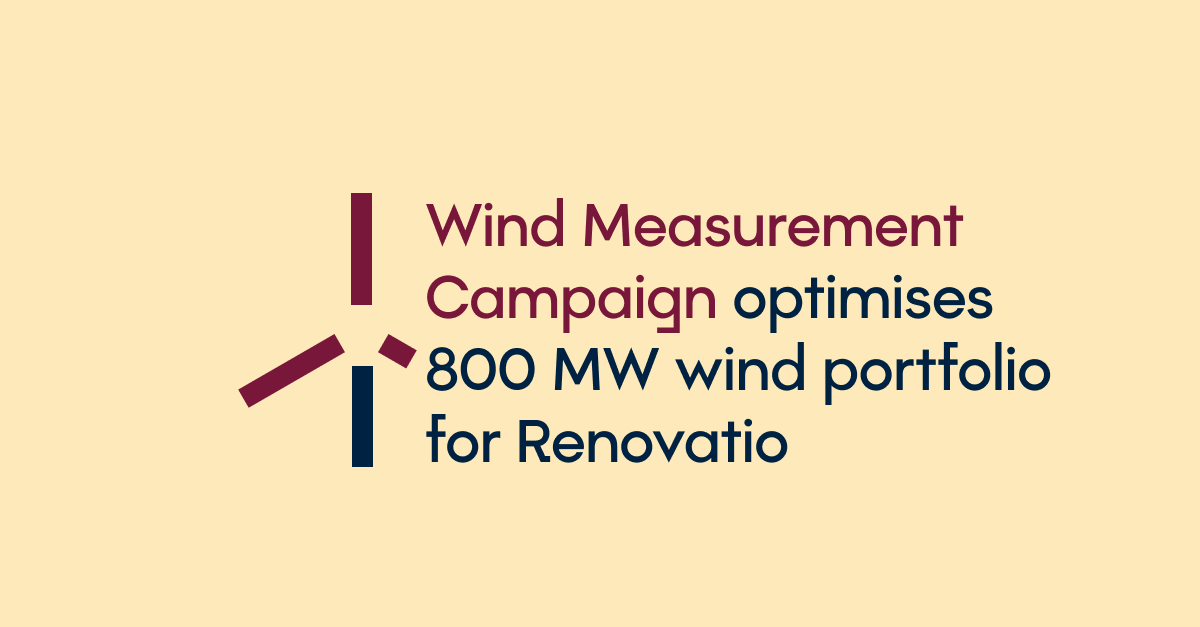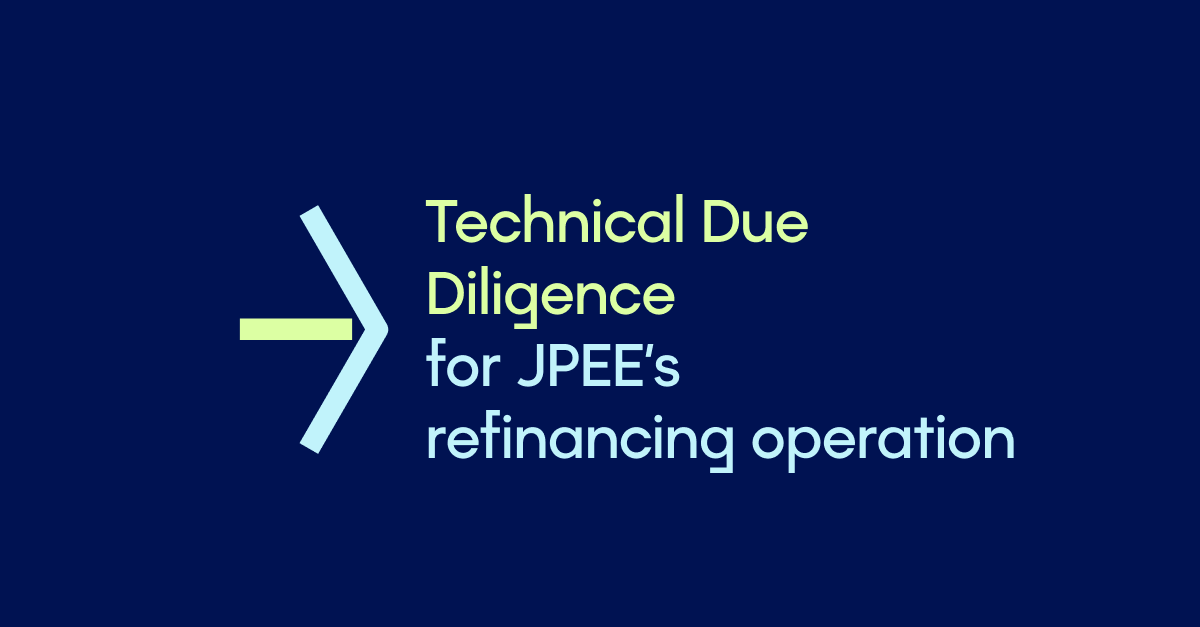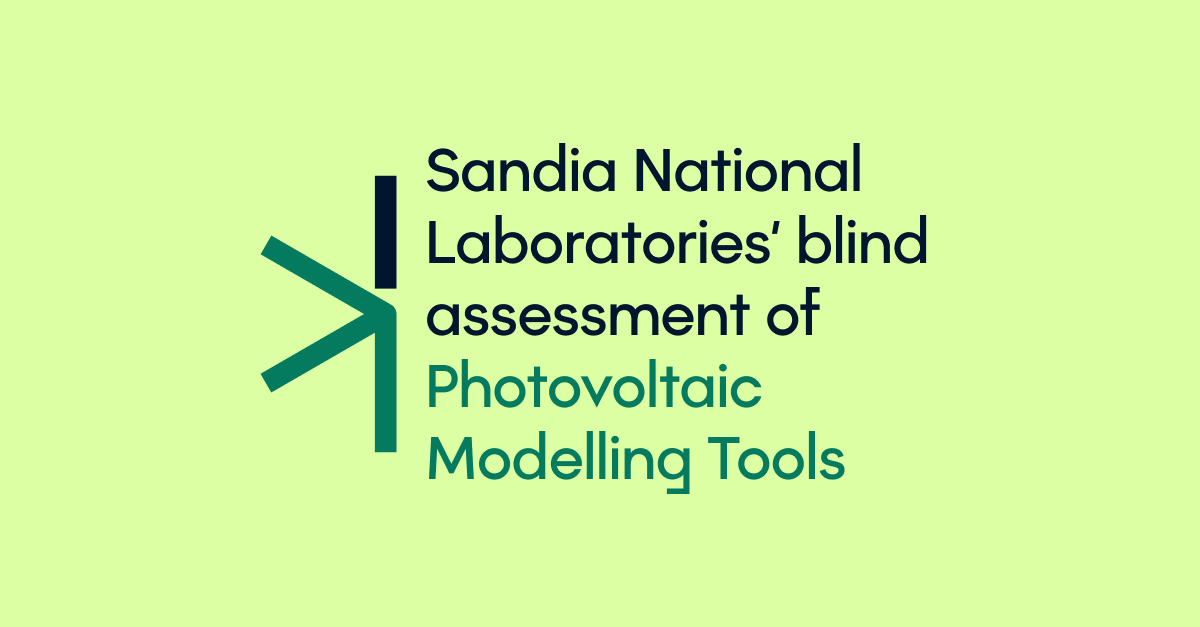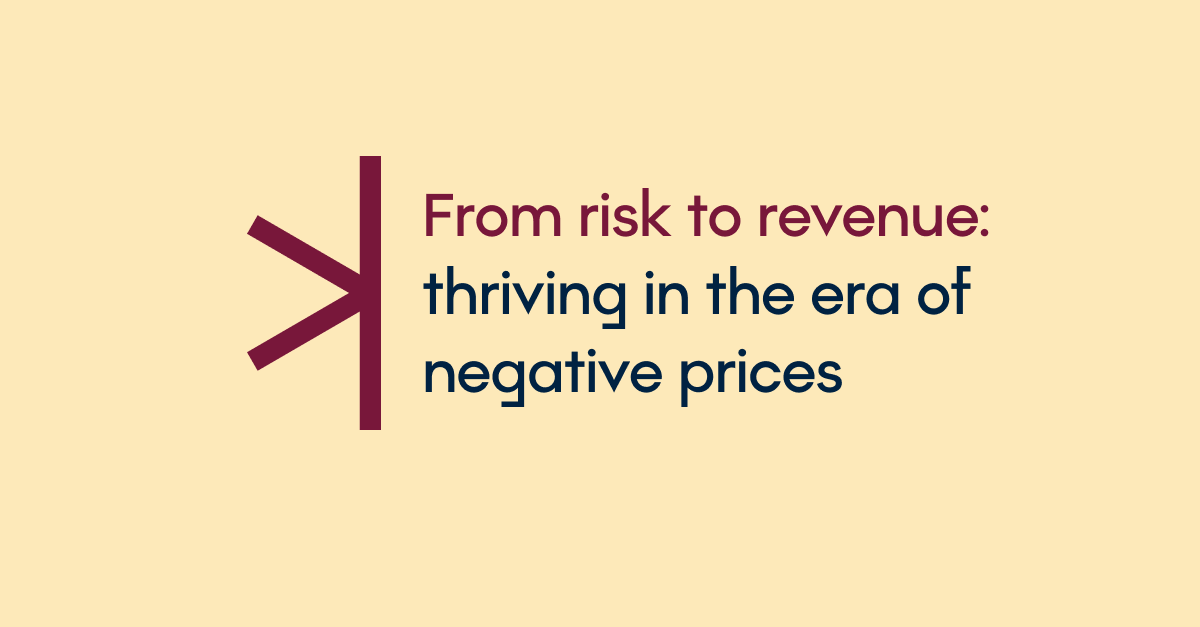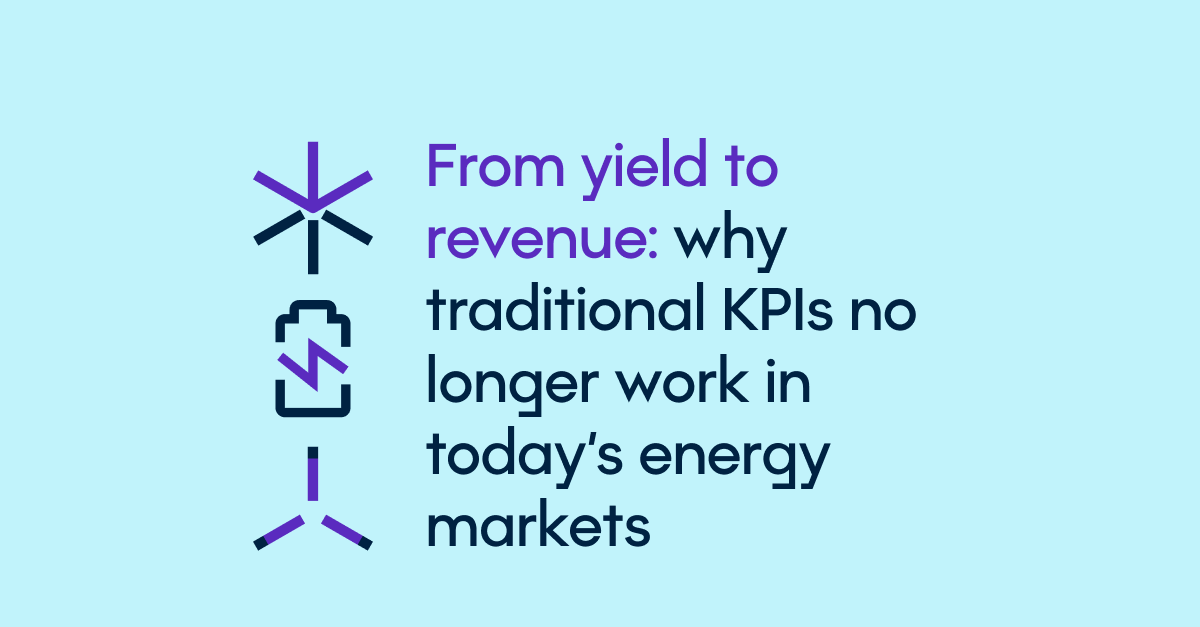South Africa is the 14th biggest emitter of greenhouse gases worldwide. Its energy system is dominated by coal that is mined domestically and petrol for industrial and transport use. Some of the biggest export sectors (coal, combustion engines) are at risk of the global energy transition. So how does a coal-intensive economy like South Africa align with the Paris Agreement and prepare for energy transition?
To answer the question 3E looked at other coal-intensive countries like Poland, India and Germany and integrated the European team under the leadership of the EUI School of Transnational Governance that set up an executive workshop for the South African government, businesses and NGO officials.
The global direction is clear. The cost of renewable energy and storage has significantly come down, making it competitive with coal or gas-fired power generation around the globe. Global financial institutions are reviewing their funding strategies, away from coal and into renewables. The European emissions trading system and the energy market dynamics are pushing coal-fired power generation out of business.
We presented these insights to the South African audience, asking them to reflect on the relevance for the domestic situation. The subsequent discussion focused on issues as the unbundling of the energy market, incumbent investment strategy, stranded assets, policy timeframes and the role of the South African carbon tax. Various elements of a just transition roadmap to implement the Paris Agreement were identified for further discussion.
Part of the objective of the workshop was to create an atmosphere of trust and mutual understanding by sharing strategic pieces of information and leaving room for discussion under Chatham House rules. That worked magnificently. One workshop participant told us after the event: “It was the first time that we had engaged in a conversational and open manner, which was really refreshing.”
A just transition is a central issue in the European Green Deal and is most definitely a big challenge for a country like South Africa. The German government recently announced that it will take 18 years and 50 billion euro to get out of coal. Such means are not available to a country like South Africa. But the country is as naturally endowed with renewable energy as it is with coal. Unleashing the renewable energy potential in a way that benefits the domestic economy and creates local jobs while gradually reducing its energy dependence on coal is the way forward.
If you want to know more about decarbonisation strategies for a country or a corporate enterprise, please contact Jan Cornillie, senior strategic consultant at 3E, through the form below.
(Picture: The participants of the workshop organised by the EUI School of Transnational Governance)




